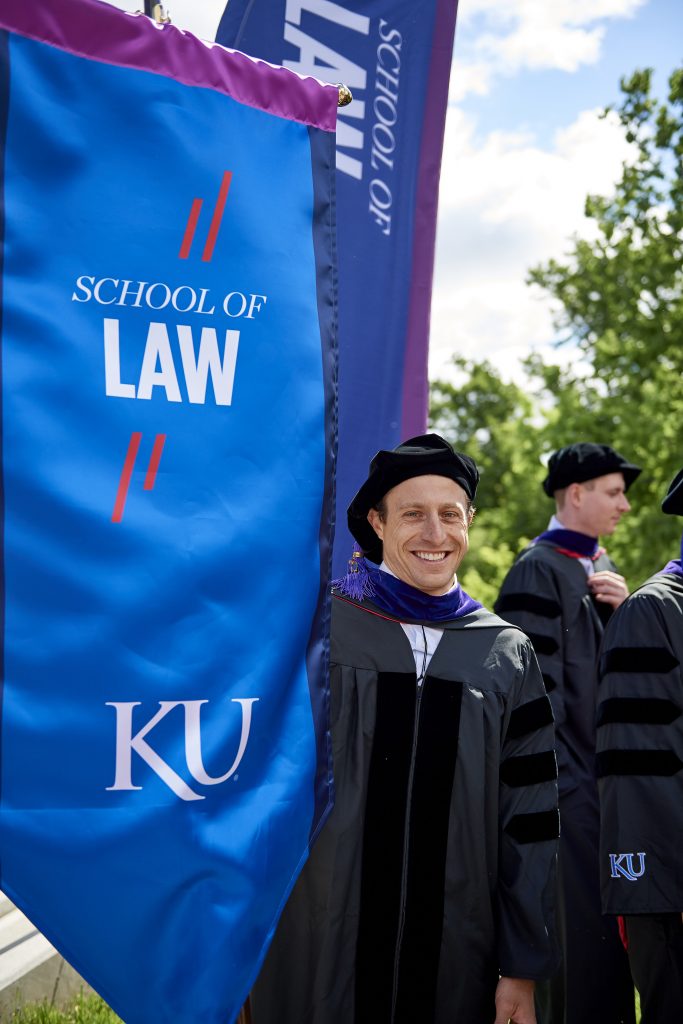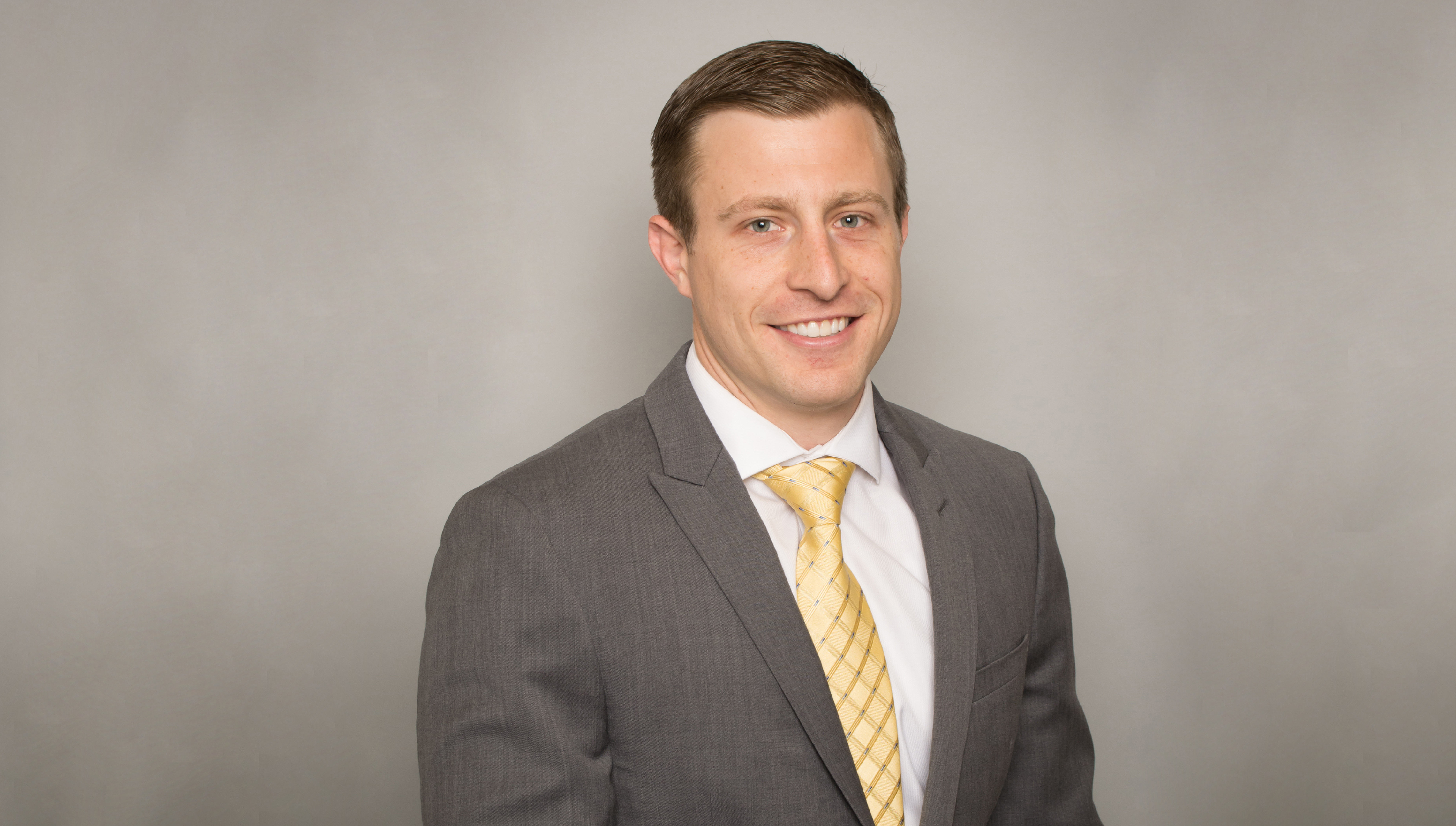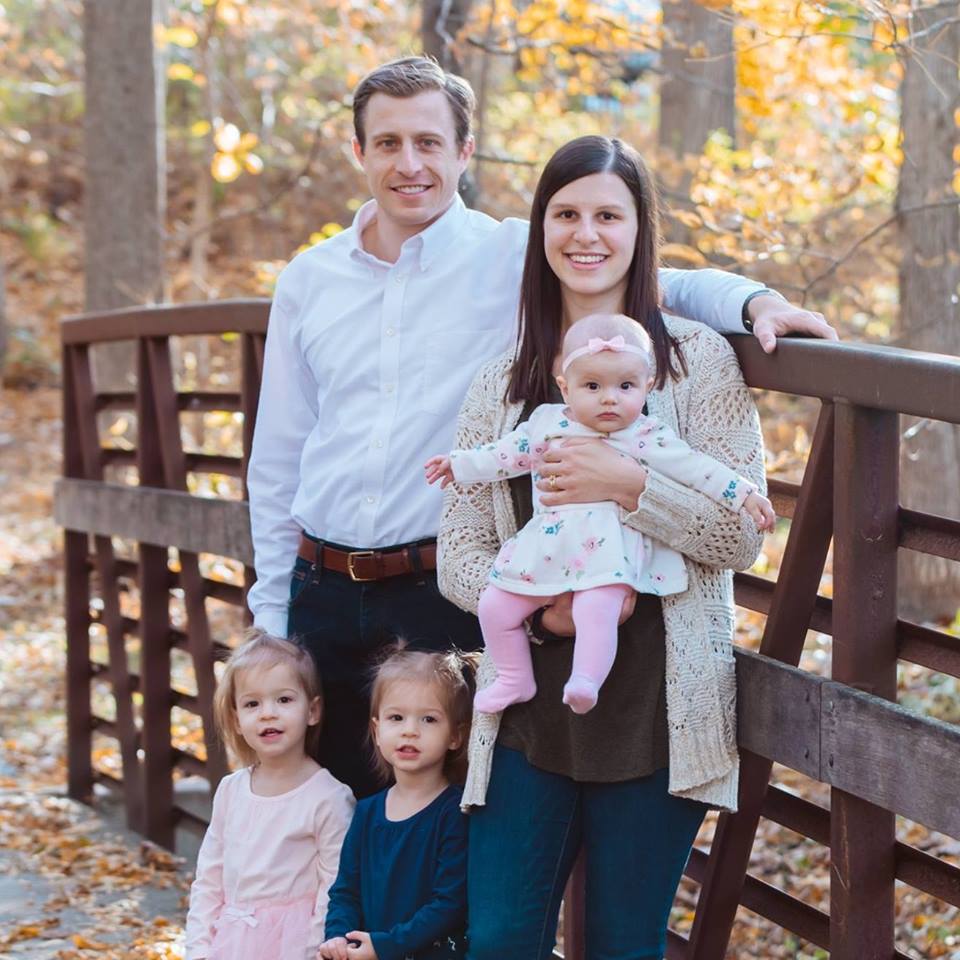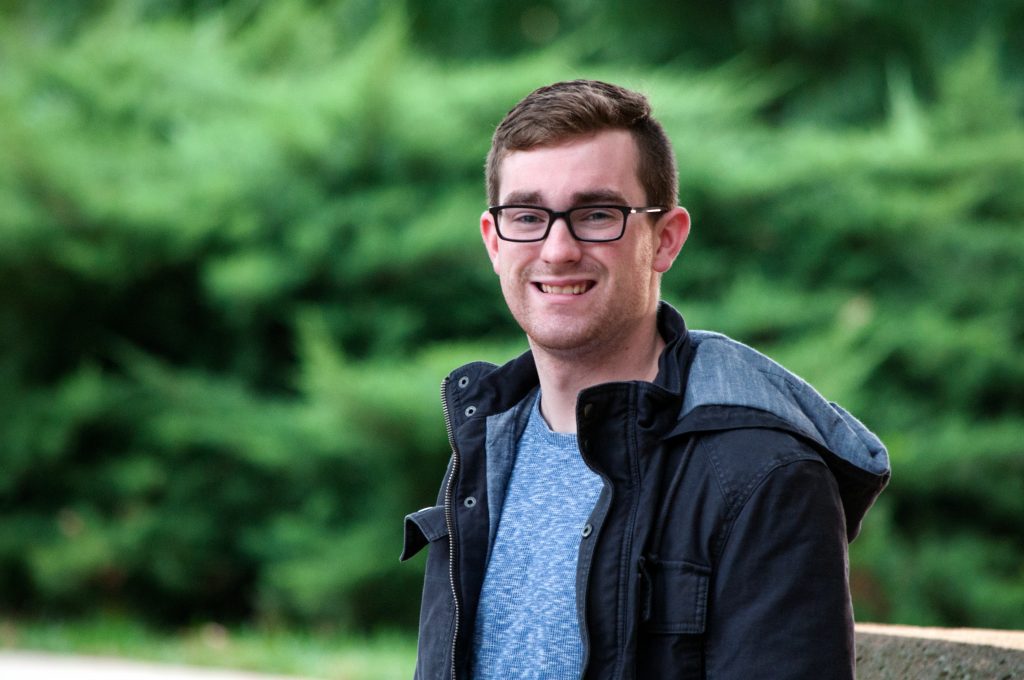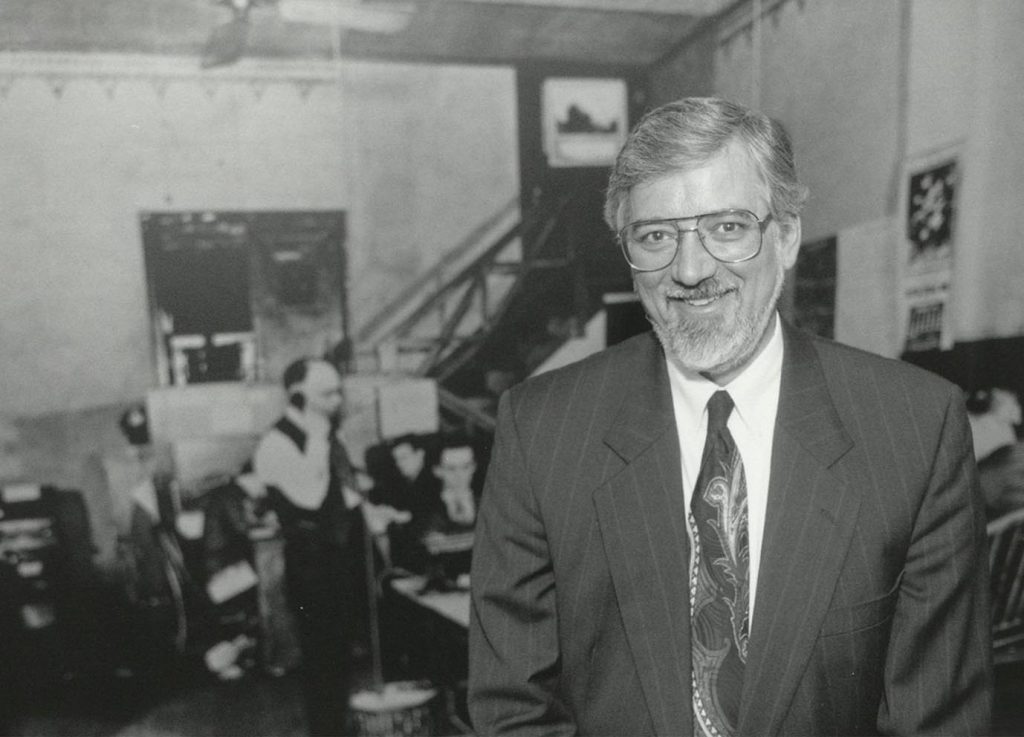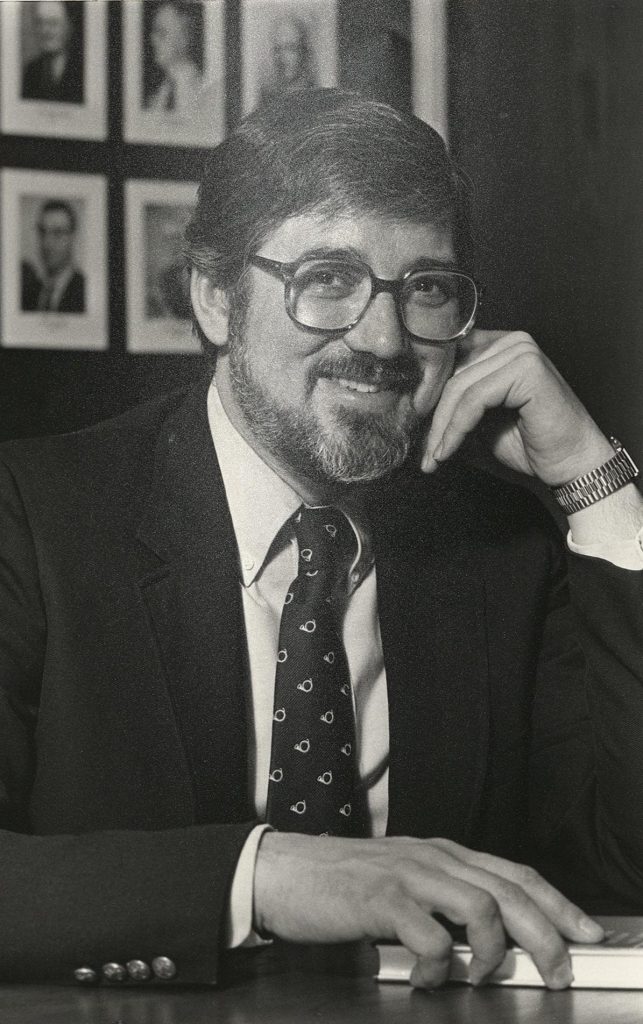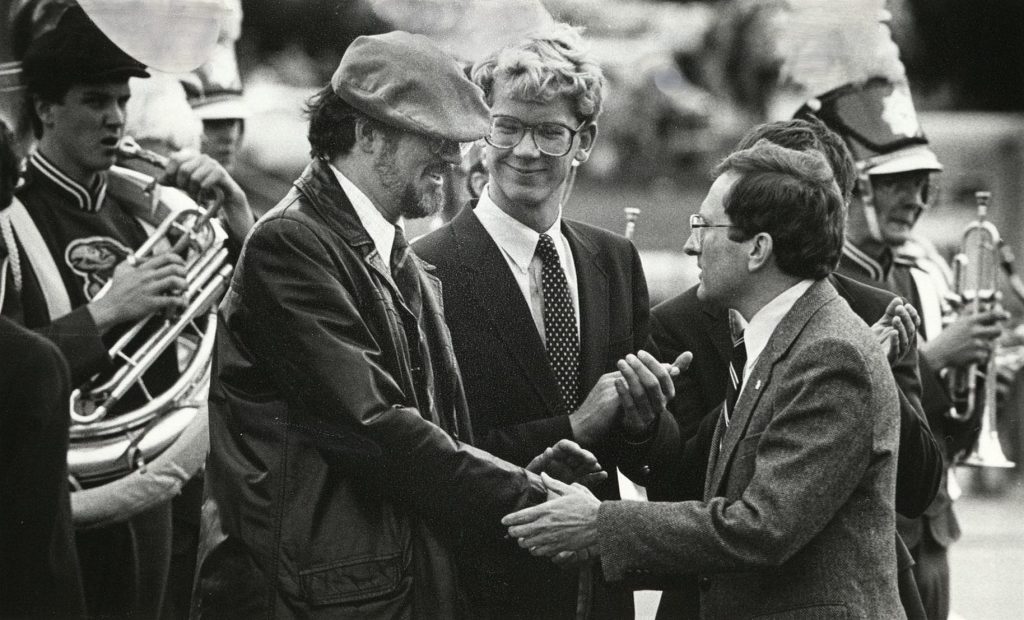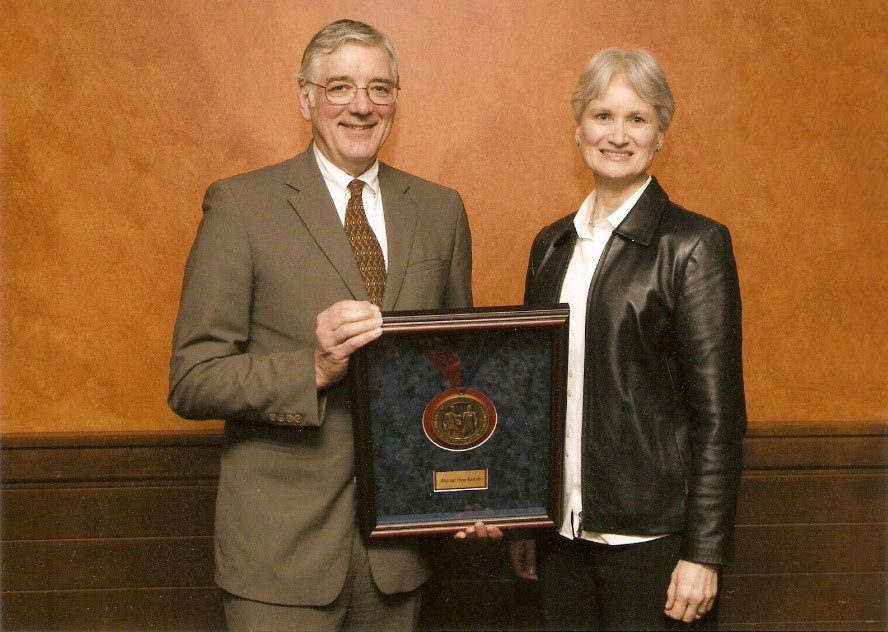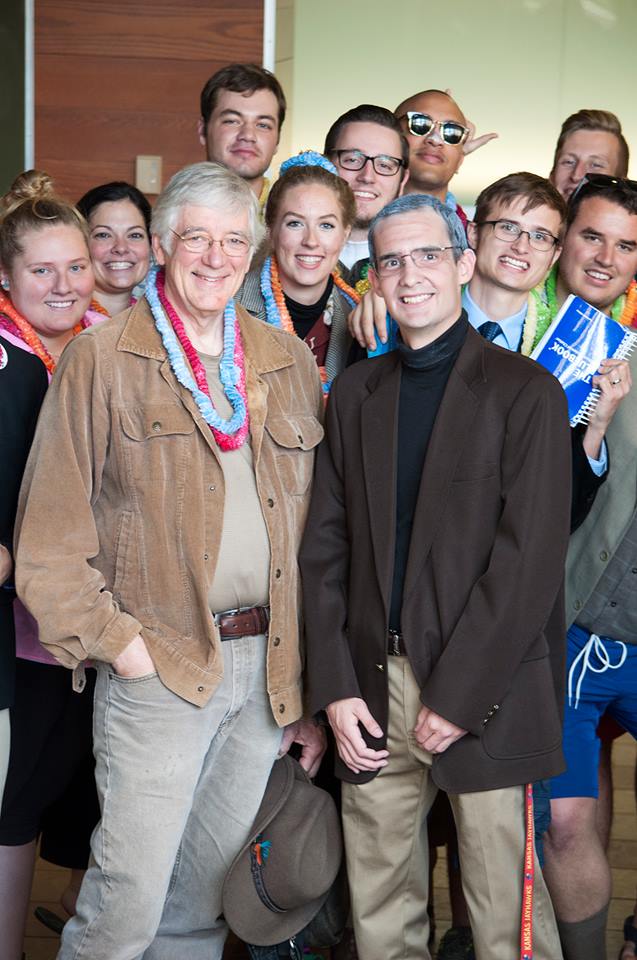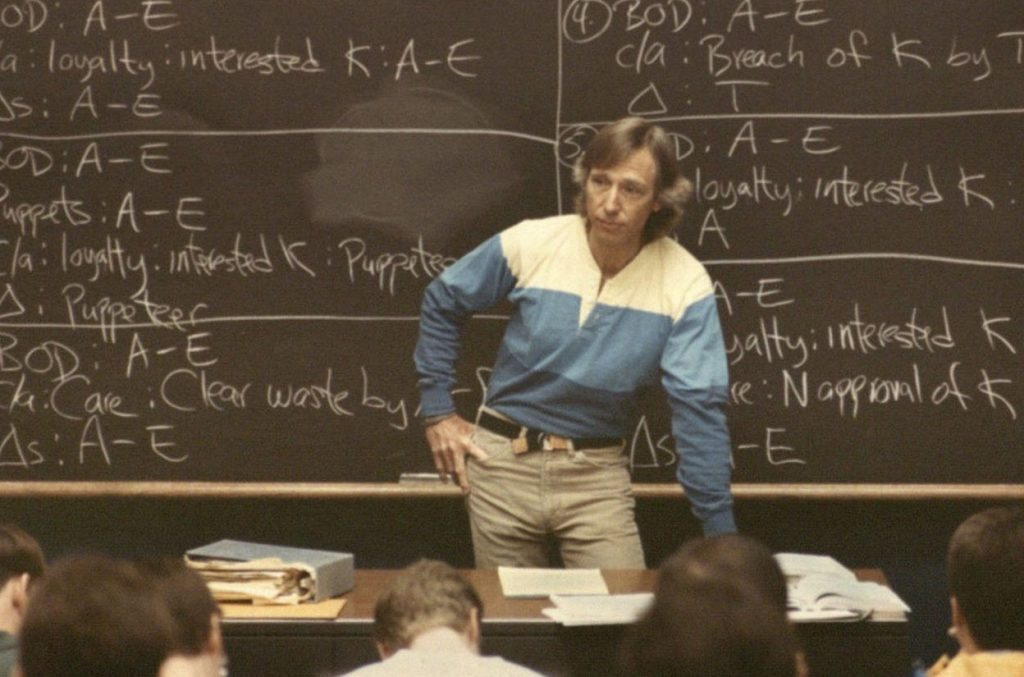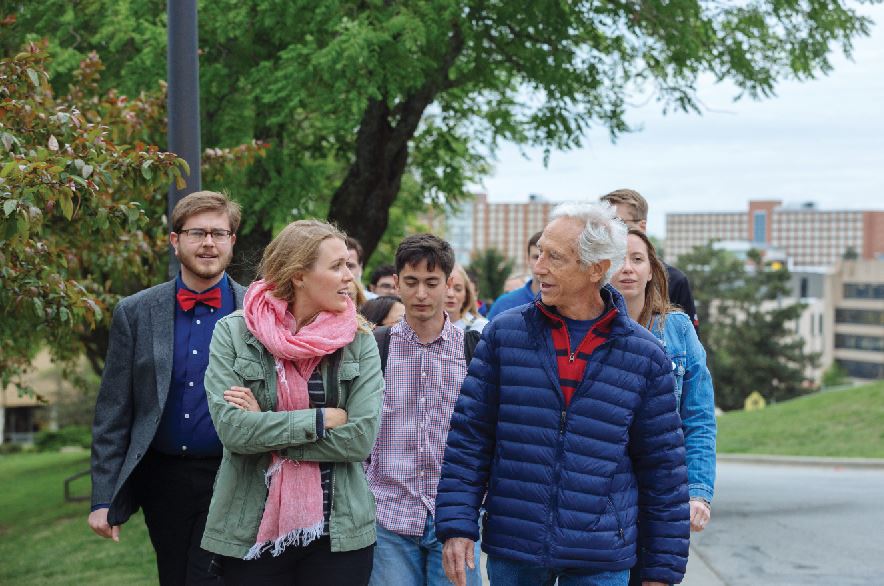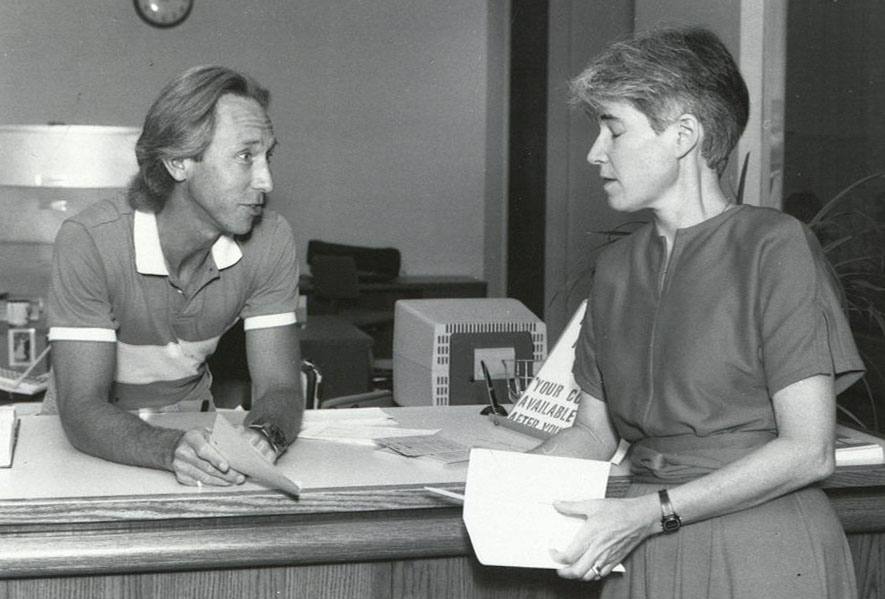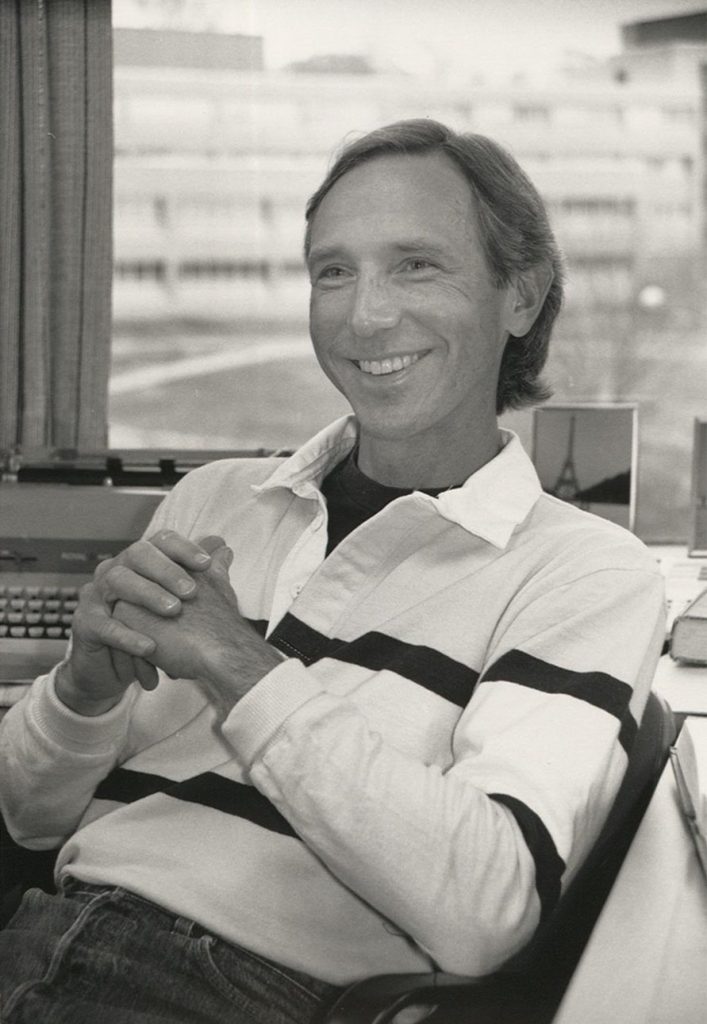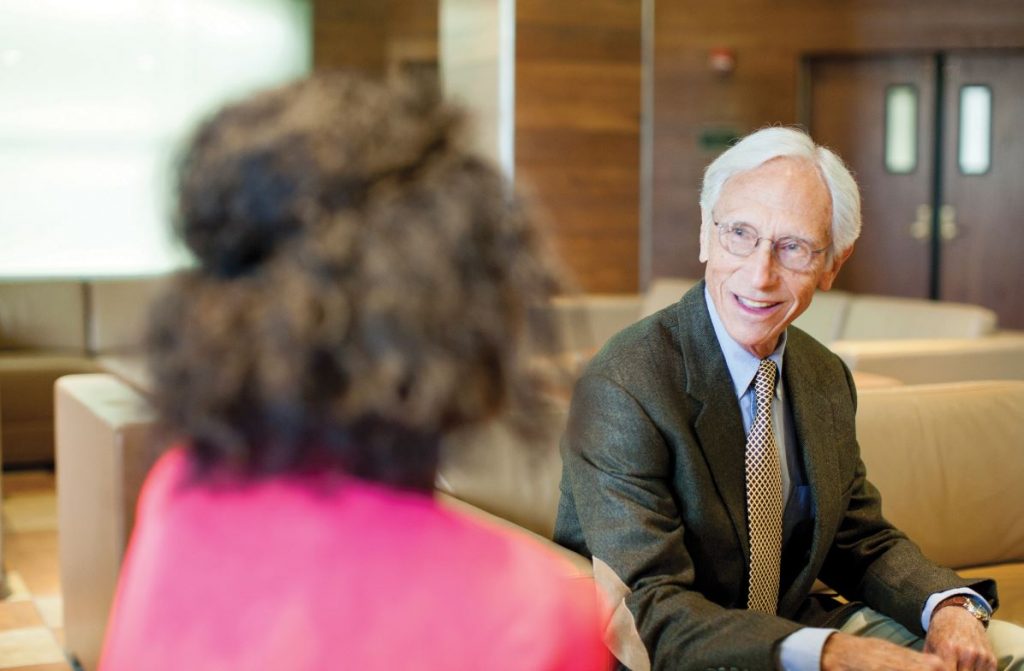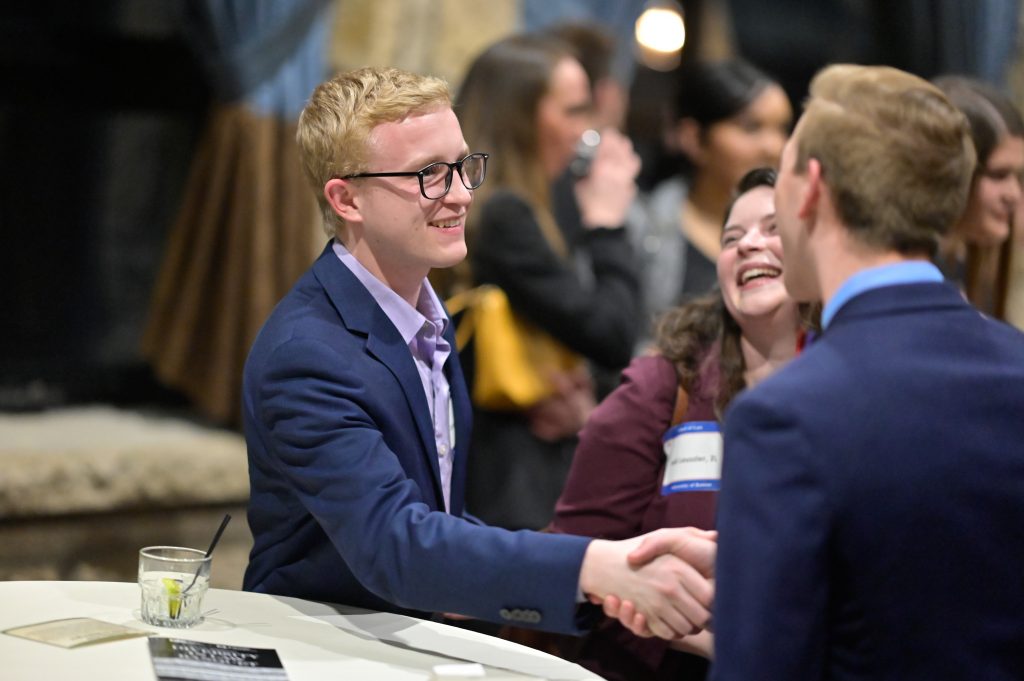
I just finished my first year of law school, and it was everything that I didn’t think it would be.
Ever since I was a little kid, I have wanted to be a lawyer. When my mom would read stories to me before bed, I remember there was a book all about people who work (construction workers, teachers, doctors, etc.). However, like most kids for no rational reason, I only wanted my mom to read one page: the one with the people in suits carrying briefcases and talking to a jury. Ever since I was a little kid (except for 3rd grade when I was going to become an astronaut), I have wanted to be a lawyer.
When I was a senior in high school and I was looking for schools to get my undergraduate degree, I chose KU because of one thing: the LEAD program. The LEAD program allows students to “double dip” their undergrad elective credits with their first year of law classes to get a Bachelor’s degree and a Juris Doctor in 6 years. Though getting a Bachelor’s degree in 3 years was definitely challenging, it was nothing compared to the intimidation of being a 20-year-old in a law classroom where the professor calls on you regardless of whether or not you raised your hand.
Sometimes, it is difficult to talk to other classmates when they have had such a wealth of life experiences to draw from. During my first few weeks of classes, I thought that people wouldn’t take me seriously because I was so young. However, I had quite the opposite experience: when my classmates heard how young I was and about the LEAD program, nearly every single one said something like “wow, I wish I had done that,” “what a fantastic idea,” or “that must have saved you a lot of time and money.” Though I am younger than most of my peers, Green Hall is a very supportive environment where people of many different experiences contribute to the school’s character.
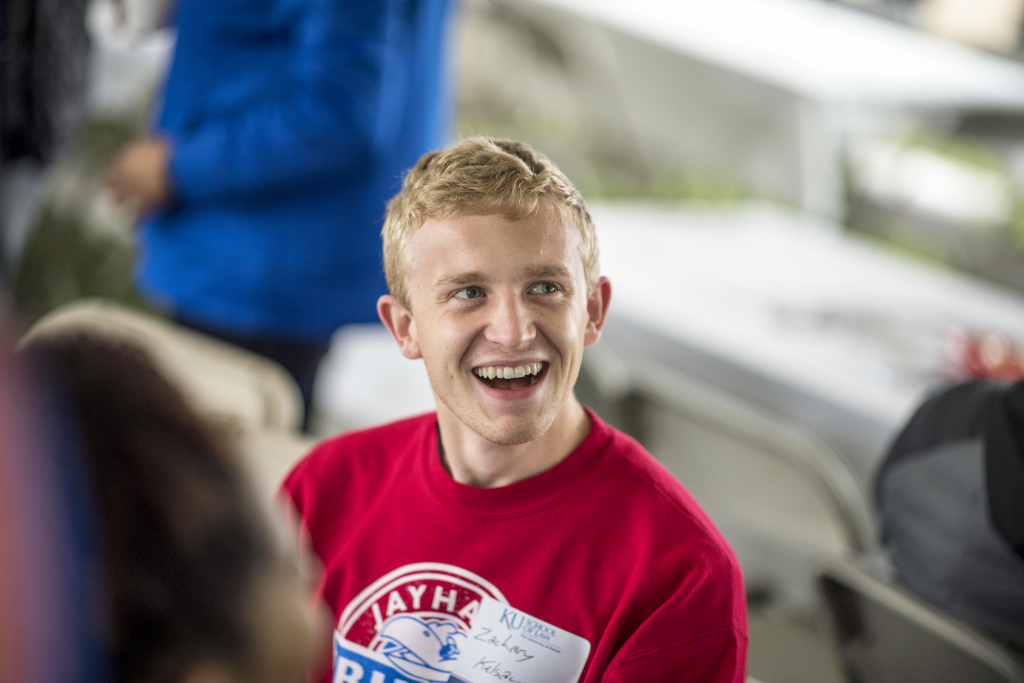
My two points of advice for students thinking about doing the LEAD program or to anyone starting law school are:
1. Take it seriously and do the work. Law professors expect way more out of you than your undergraduate professors. One of the hardest things for law students is that everyone did well in their undergraduate studies and might not have made many mistakes or received bad grades before. There were multiple times this year when I rushed through a reading, misunderstood a case or did poorly on a test. In fact, I made more mistakes this year than any year of my life… and it doesn’t stop. One of the most challenging things for me was to slow down and do a thorough job on every task I had. Though you will likely make mistakes, get comfortable with not knowing everything or being able to zip through a class like you could in undergrad.
2. Keep a YAC mindset. YAC stands for “You Are Capable.” This mindset is adapted from a speech by Chief Judge Julie Robinson that I heard at KU Law’s annual Diversity in Law Banquet. There are many situations where you might feel like you aren’t smart enough to make it in law school. The secret that people don’t know their first few weeks of law school is that almost everyone doubts themselves at one point or another. When I start to doubt myself, I try to say “You Are Capable” to myself a few times. I am capable of making it, and so are you.
This week, all of my friends from undergrad are graduating and I just finished my first year of law school. This year was incredibly challenging, but I wouldn’t do it any other way. It’s safe to say that after my first year in law school, and now my first week of work at a law firm, I have not seen the inside of a courtroom and I definitely don’t talk to juries or carry a briefcase. But, I know now more than ever that the law is where I belong.
— Zachary Kelsay, a rising 2L
